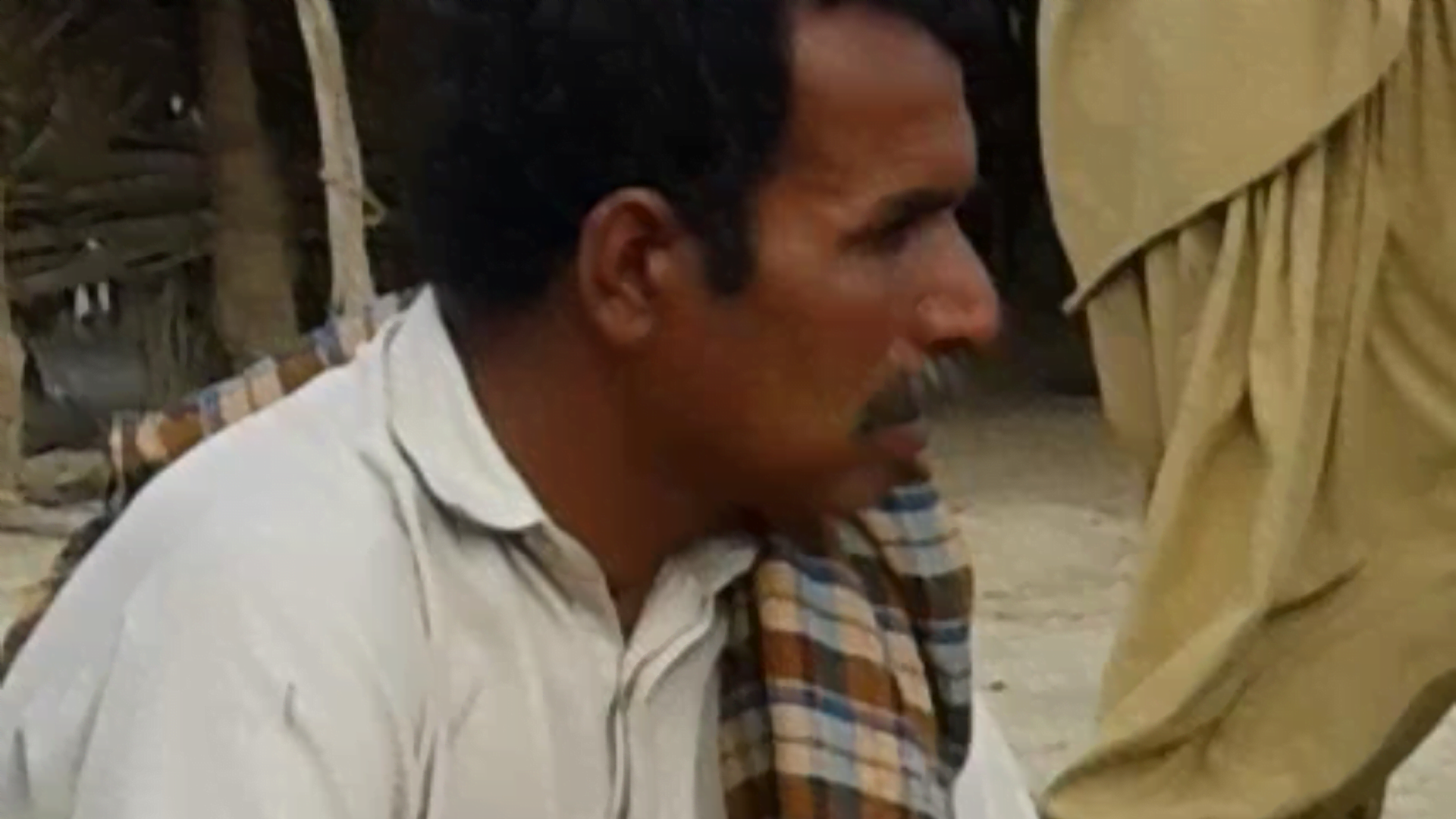In the early morning of May 20, Noor Jan, a farmer, hanged himself near his village in Awaran, Balochistan. He did that to avoid the continuous threats and summons from Pakistani army officials, who had ordered him to hand over his daughter to them. His crime was that he had married off his daughter Nazal to a Baloch activist last week.
“He was picked up by the army yesterday. They threatened him that they would kill him if he did not bring his daughter Nazal to the army camp. He was tortured so bad a bone in his leg was fractured,” a relative of his said.
There are reports that Noor Jan took his life in front of his younger daughter. “Tell the army officials that they cannot summon Noor Jan anymore. I can die but never hand over my daughter to them. It is an honour to die with dignity,” he reportedly told her.
Noor Jan has for long been a target of Pakistan’s secret agencies and their local goons, known in Balochistan as Death Squads. He had survived an attack by unknown gunmen, who opened fire on worshipers during Friday prayers in a Zikri mosque in Awaran in 2014. Six worshipers were killed and several injured in the attack, including the father of a slain BSO-Azad activist Raza Jahangir. The victims’ families and Baloch political parties blamed the army for sponsoring the attack. Analysts believed that the motive behind the attack was to create a sectarian conflict between Sunny and Zikri Muslims or to terrorise Baloch political and human rights activists. Noor Jan was the elser of his village, Harooni Dann, which was named after his father, Haroon. This made him a prime target of the agencies. Area people believe they wanted to make an example of him.
Nazal’s husband, Naeem Dad, is a member of the Baloch National Movement, a political party that campaigns for the independence of Balochistan. “Noor Jan’s only guilt was marrying his daughter off to a person involved with the Baloch movement,” a local told me on the phone.
Collective punishment is not new in Balochistan. Many families of Baloch activists have suffered at the hands of the Pakistani authorities. Members of the Baloch Students Organisation and the Baloch National Movement go into hiding for fear of persecution. The army then picks up their fathers and threatens them with dire consequences if they did not bring their sons. There have been cases when helpless fathers have had to hand over their sons to the army, knowing full well they would be killed, to save other members of their families.
However, when it comes to the women, it becomes exceptionally difficult to meet the army’s illegal and unjust demands. In Baloch society, handing over one’s daughter or wife to a stranger is the most humiliating act. People prefer to die before doing so. The army has disrespected Baloch women in the past and this makes people more sensitive. “Noor Jan felt it would be too humiliating to take her innocent daughter to the army,” the relative said.
Lateef Johar is a human rights activist based in Canada. He is the Deputy Coordinator, Human Rights Council of Balochistan. He regularly comments on the situation in Balochistan



